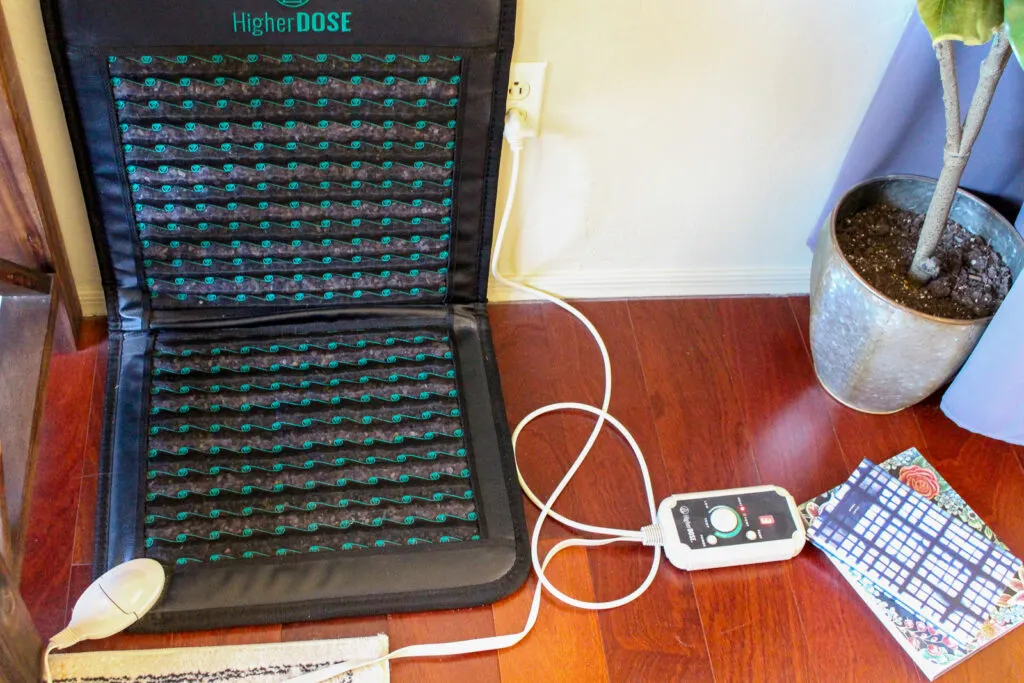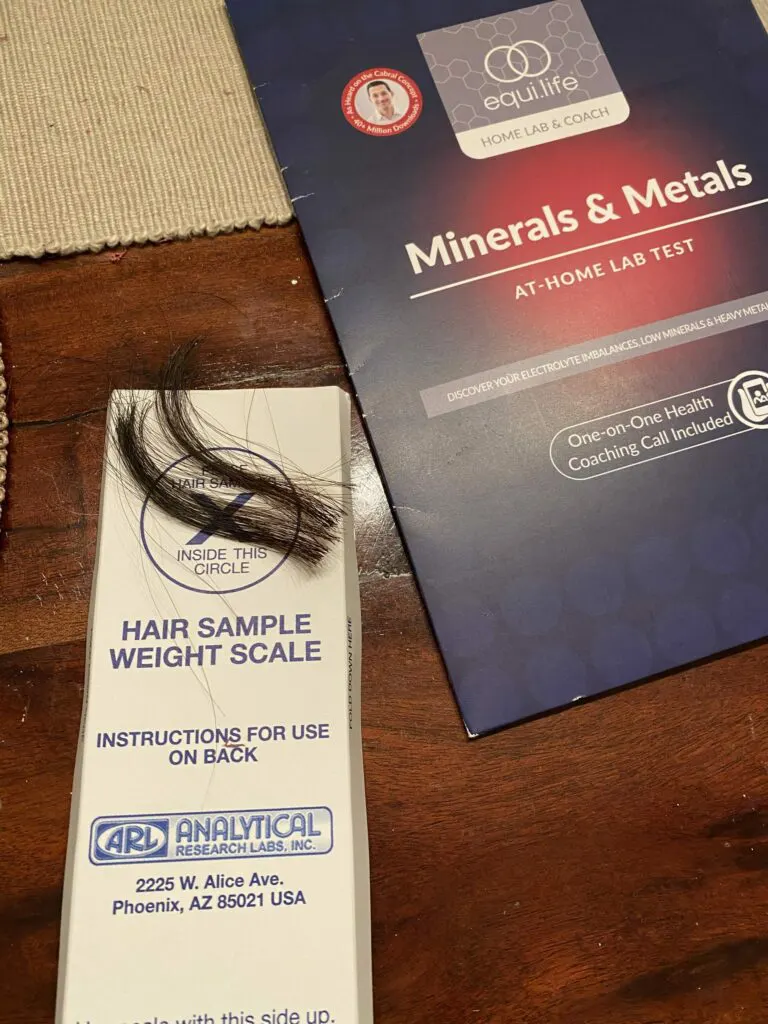
We discuss some of the reasons you might be struggling with fatigue and some practical steps you can take to improve your energy level. As always, if you feel unusually tired or not feeling like yourself, consult your doctor. This is not medical advice.
Hey guys! I hope you’re having a nice morning. My Uncle E is in town (remember him?) so today we’re going to have some family fun and the girls and I are going to get a much needed haircut before they start school tomorrow. I can’t believe it.
For today’s post I wanted to talk a little about something I talk to my clients about every day: fatigue.
If you feel tired all the time, you’re definitely not alone. In our fast-paced world, constant fatigue has become a common complaint among many, especially busy moms. But it’s essential to understand that persistent tiredness isn’t just a nuisance—it’s your body’s way of signaling that something isn’t right. I used to think that frequent exhaustion was a badge of honor for being a mom, but I’m here to tell you that there are some things you can do to help improve energy levels.

Why You Might Be Tired All The Time (And What To Do About It)
Cortisol imbalance
One of the most common culprits of chronic fatigue is cortisol imbalance. Cortisol, often referred to as the “stress hormone,” plays an important role in regulating the sleep-wake cycle. Ideally, cortisol levels should be high in the morning to help you wake up and gradually decrease throughout the day, allowing you to relax and sleep at night.
However, when you are constantly stressed, your body may produce too much cortisol or your cortisol rhythm may become disrupted. This can make you feel jittery at night and exhausted during the day.
(Check out my recent cortisol patterns! It’s comforting to know what’s going on in your body so you can create an action plan.)

Lifestyle strategies for more energy
To balance your energy levels throughout the day, you need to make some simple lifestyle changes. Here are some strategies to help you sleep better and have more consistent energy:
Get ready to sleep well all day long:
Establish a routine that encourages good sleep hygiene. This includes waking up and going to bed at the same time every day, creating a restful sleep environment, and engaging in relaxing activities before bed. Other things you can do include opening the blinds first thing in the morning, taking a walk at sunrise or sunset, grounding yourself, and having a solid routine for winding down at night.

Minimize blue light at night:
Exposure to blue light from screens can interfere with the body’s natural sleep-wake cycle. Try to minimize screen time at least an hour before bedtime or wear blue light-blocking glasses. These are my favorites!
Avoid eating late and drinking alcohol at night:
Eating late at night or consuming alcohol can disrupt your sleep. Try to eat your last meal a few hours before bedtime and limit alcohol consumption. When your body is working to process food or alcohol, your heart rate and temperature increase, making it harder to get a good night’s sleep.
Try meditation and relaxation techniques:
Practices such as meditation, deep breathing, and yoga can help reduce stress and promote relaxation, making it easier to fall asleep and stay asleep. Here are some tips on how to start a meditation routine.
Exercise regularly:
Regular physical activity can help improve sleep quality and boost energy levels. Just make sure you finish your workout at least a few hours before bed to avoid having too much energy to sleep.
The importance of functional testing
If you’ve made lifestyle changes and still feel tired, it may be time to dig a little deeper with functional testing. These tests can provide valuable insight into what’s going on inside your body and help identify underlying issues that could be contributing to your fatigue.

Hair tissue mineral analysis (HTMA):
This test can reveal imbalances in essential minerals and heavy metals, giving an overview of your metabolic health. You can read more about HTMA here.
For the following variables, I recommend the Stress, Mood and Metabolism Test. It’s super complete!
Cortisol patterns:
Testing your cortisol levels at different times of the day can help identify if your cortisol rhythm is disrupted.
Hormones:
Hormonal imbalances can significantly affect your energy levels. Testing key hormones, such as estrogen, progesterone, DHEA, and testosterone, can help identify any problems. It’s also important to check these levels between days 19 and 21 of your cycle, if you have a regular menstrual cycle.
Thyroid function:
The thyroid plays a key role in regulating metabolism. Thyroid hormone testing can help determine if the thyroid is functioning optimally. Often, only a couple of thyroid values are checked. I like to order TSH, free T4, free T3, total T4, and TPOab.
A1C and insulin:
These tests can help assess blood sugar regulation and identify any insulin resistance issues that may be contributing to fatigue. If you’re curious about how to monitor blood sugar regulation throughout the day, I’m a big fan of Nutrisense! Check it out here and use code GINA50.
Chronic fatigue is a complex problem that can have a variety of causes, including cortisol imbalances, poor lifestyle habits, gut health, nutritional deficiencies, and underlying health issues. By making conscious lifestyle changes and using functional testing, you can uncover the root causes of your fatigue and take steps to feel more energetic and vital every day.
If you feel unusually fatigued or not feeling like yourself, talk to your doctor to see what options he or she recommends.
If you’re ready to take control of your energy levels and overall health, consider functional testing to get a comprehensive view of what’s going on in your body. Remember, you don’t have to feel tired all the time. There is a path to better energy and vitality, and it starts with understanding your body and making informed choices.
Feeling constantly tired isn’t just a sign of a busy life, it’s a sign that your body needs attention. <3 You deserve to feel like a vibrant, joyful version of yourself!
If you’re curious about testing, I’m running a couple of testing promotions this month. Just email me at gina@fitnessista.com with the subject line TESTING and I’ll send you some options.
hugs and kisses
Gina







